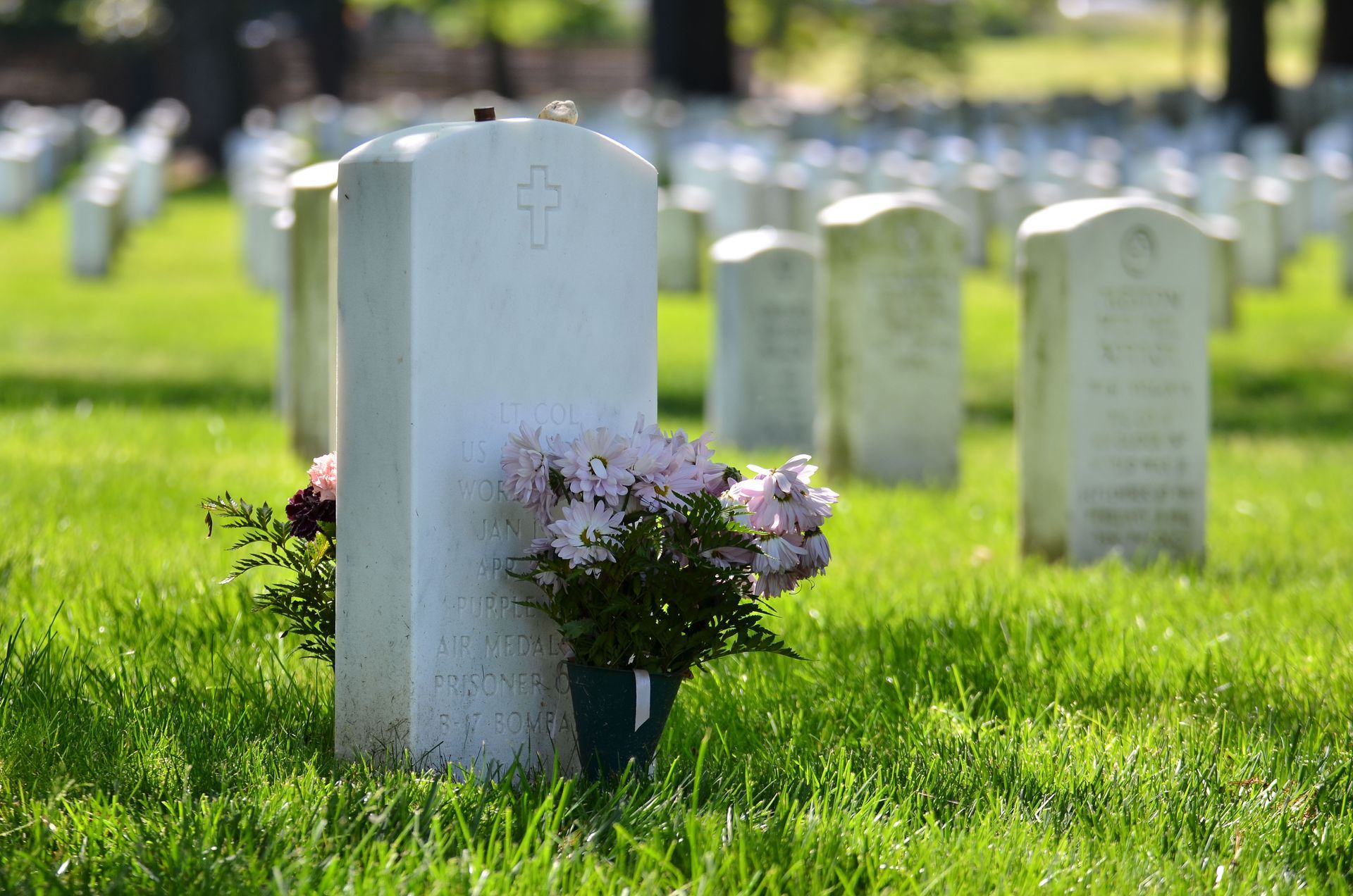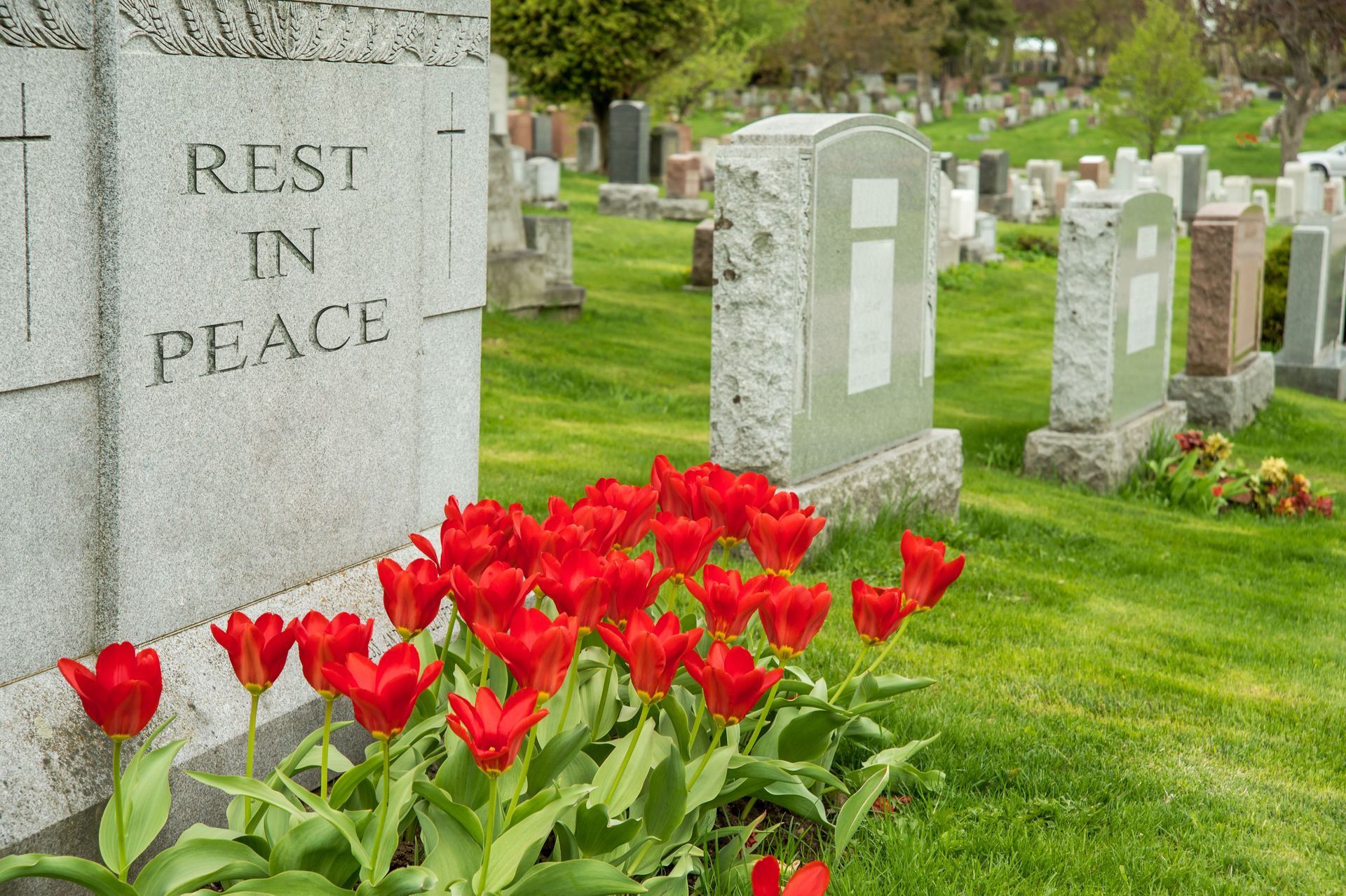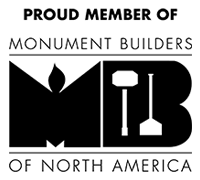Why Memorials Are a Common Way to Honor Loved Ones
Memorials have been part of human history for thousands of years, playing a crucial role in how societies honor and remember those who have passed away. From grandiose structures to simple headstones, they symbolize the timelessness of human sentiment and the desire to keep the memory of loved ones alive. The reasons behind their continued use are rooted in cultural, social, and psychological aspects that help people cope with loss and maintain a connection with the past.
Honoring the Past Through Cultural Traditions
Culturally, they provide a tangible link to our ancestors and history. Monumental structures such as the pyramids of Egypt or Stonehenge are testaments to the lengths humans will go to commemorate their dead. According to Headstones & Markers, early grave markers, around 3,000 BCE date back to Celtic and Roman cultures, highlighting how the practice of honoring deceased loved ones is deeply embedded in our societal fabric. These ancient customs continue to influence modern practices, underscoring the cultural significance of memorials across generations.
Strengthening Community Through Social Connection
Socially, they serve as focal points for communities to come together and collectively remember those they have lost. By placing memorials in public spaces, societies create a shared narrative that resonates with communal values and memories, ensuring that they remain part of the collective consciousness and fostering a sense of unity and empathy among community members.
Supporting Grief Through Psychological Comfort
Psychologically, they offer a place of solace and reflection for individuals, allowing them a personal space to process their grief. Visiting a loved one's grave or memorial plaque offers comfort, a place to express emotions, and a way to connect with their memories. This practice aids in the grieving process by providing continuity — a lasting tribute that helps the bereaved cope with loss by keeping the memory of their loved ones actively alive.
These services are a universal method of honoring loved ones due to their deep cultural roots, social significance, and psychological benefits. Whether through majestic monuments or simple headstones, they fulfill a human need to remember and honor those who have left us, ensuring they remain an integral part of our lives and history. As we look to the future, these will continue to bridge the past and present, providing comfort and unity for generations to come. Please be sure to reach out to us at Cullis Memorials about our services.




